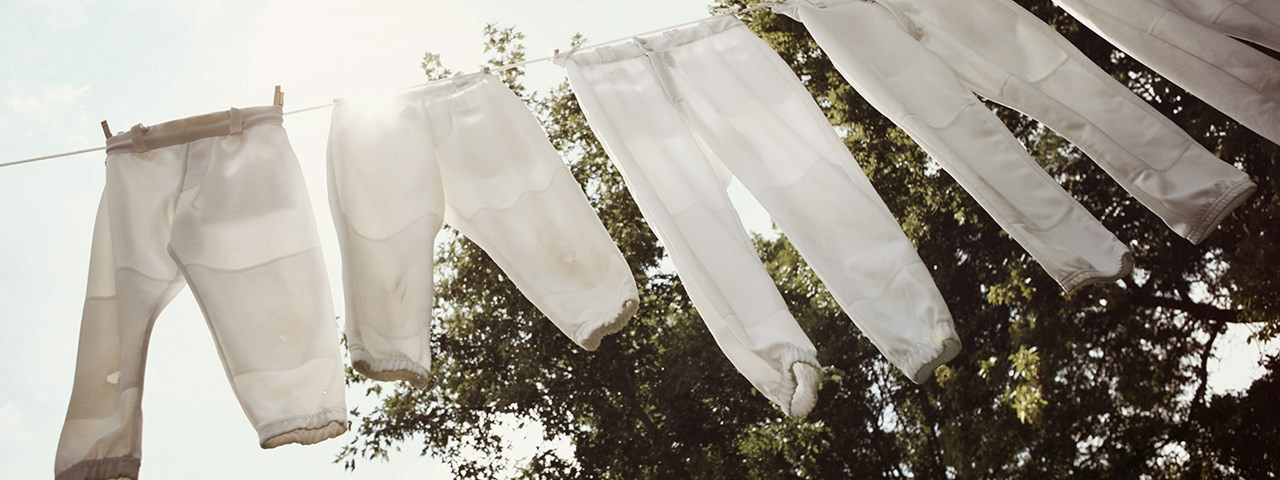5 common laundry myths
Posted by Your friends at PO.P! on Sep 22, 2022
There are a lot of new and old beliefs in circulation about the ‘right’ way to wash clothes. Here we bust some of the most common laundry myths!
#1
“Wool can only be washed with other wool garments”
Myth! Wool can be washed together with other materials, as long as you choose a washing program, temperature and detergent specifically for the wool clothes. Do not wash wool with garments that are very dirty, as the wool program will be too gentle and the wool detergent too mild to get them clean.
#2
"Better too much laundry detergent than too little"
Myth! Your clothes won’t be ‘cleaner’ if you use more than the recommended dose of laundry detergent, quite the opposite – residual detergent in your clothes may discolor them and may cause allergic reactions in sensitive people. It’s also worse for the environment, as excess detergent is washed into the waste water system.
#3
"60 degrees fixes the dye"
Myth! Different types of dyes react differently at different temperatures, which is why you can’t say for sure that washing at 60 degrees will fix the dye. If you’re worried about the color running, you can wash the garment separately the first time to remove any excess dye – but always wash at the water temperature specified on the garment’s care label!
#4
"60 degrees kills bacteria"
Myth! It makes no difference whether you wash your laundry at 40 or 60 degrees. Bacteria thrive in dirt and the best way to avoid them is to wash dirty clothes according to their washing instructions. If necessary, you can run your washing machine’s self-cleaning program to remove any bacteria growth in the machine.
#5
"You should use fabric softener"
Myth! Fabric softener may make your clothes feel soft, but it’s not good for your clothes or the environment! Fabric softener makes stretch jeans lose their shape, impairs the breathability of a functional jacket’s membrane and makes towels less absorbent. Choosing not to use fabric softener also means that you won’t be adding any unnecessary chemicals to our streams and rivers.
